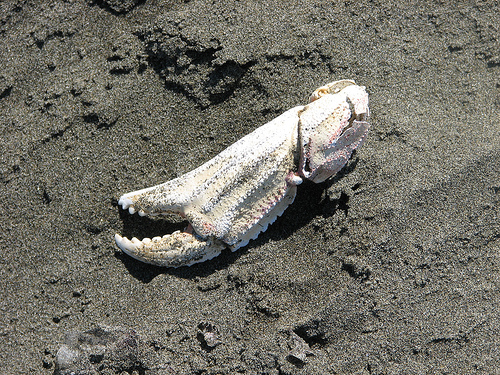
Why a Clawback Might Be In Order

Photo by: Wildcat Dunny
When the financial crisis was in high gear I argued that the pitchforks and torches being raised against AIG were counter-productive. I felt like it was a feel-good symbolic gesture that was more for making people feel vengeful than getting at sound economic policy. I still stand by that idea, however in the face of record profits from companies like Goldman Sachs, one has to reconsider whether the idea of clawbacks don’t have a place in the banking discussion.
A clawback would be some kind of tax levied against the companies that took bailout money, or maybe more broadly to the financial industry as a whole. While the legality of such a tax may be in question, there are some reasons to consider whether this is a reasonable course of action. Many of these banks have paid back, or are paying back, the money they borrowed from the government, but that debt doesn’t fully quantify the advantages that financial institutions received from the government.
The first example of this is the asymmetry introduced by preventing various stocks from being shorted during the crisis. This is obviously beneficial to leveraged companies that are using this stock as an asset to offset their liabilities. This is on top of the benefits that come from being able to borrow money from the Federal Reserve Bank essentially for free, and the money that is being funneled into the stock market by the low interest rates.
When you look at the herculean efforts that were exerted to keep these banks solvent it can be galling to see their bonuses. Even more galling is the fact that they suggest that by “paying back” certain loans, they’ve paid their dues and are no longer subject to the scrutiny bearing down on them during the meltdown.
While clawbacks are unwieldy and messy, the amount of moral hazard that banks may feel has almost certainly increased since the crash. Clearly they will be bailed out at any cost and in the rare case when they need it, they simply have to pay back a little cash; then they can return to rewarding themselves handsomely for gambling with taxpayer money. There is no need to subsidize these companies, and it may be worth considering how to make it known that this approach cannot continue.













Good article – change definitely needs to come to these irresponsible fat cats!